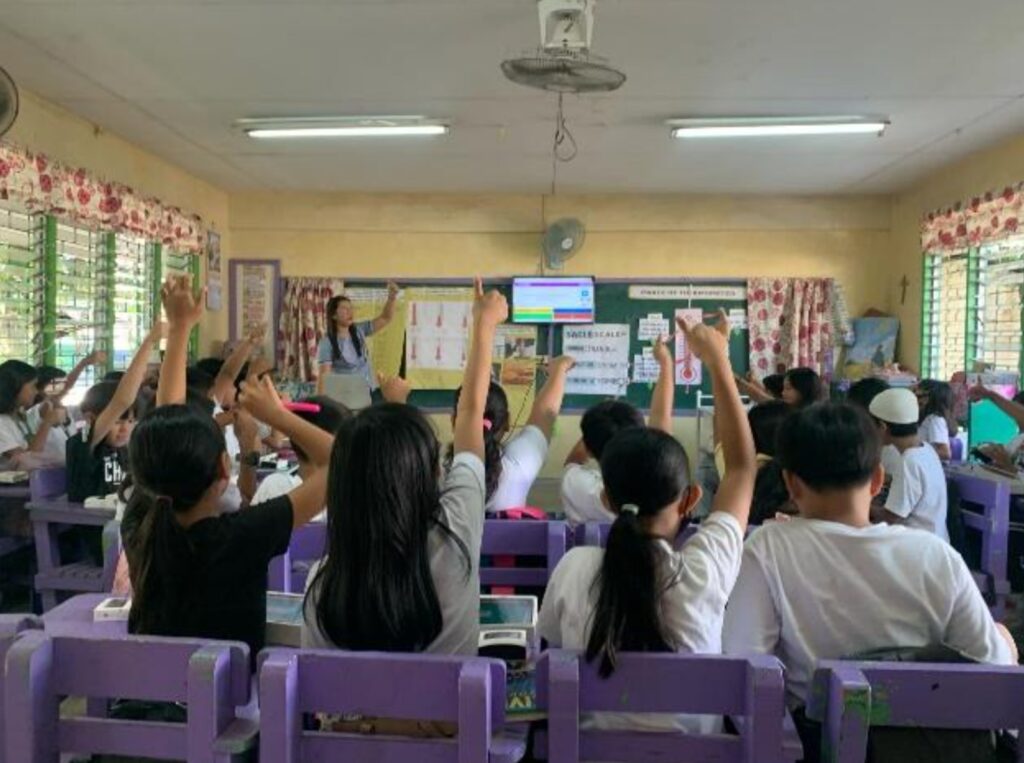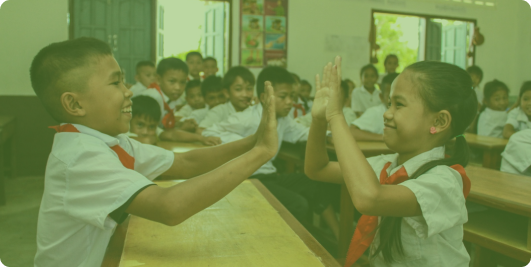Transforming Education by Meeting Learners Where They Are in Cambodia and the Philippines

HTHT Approach to Learning: Adaptive, Personalized, and Data-Driven Across Cambodia and the Philippines, classrooms are undergoing a quiet but profound transformation. Traditional teaching methods, often relying on standardized, one-size-fits-all instruction, are being replaced with an adaptive, learner-centered approach. Through the High Touch, High Tech for All (HTHT) initiative, students are now experiencing math in ways […]
Learning Teams for Foundational Learning

Learning team approaches aim for groups of education professionals that collaborate at every level—classroom, school, district, and central—to ensure learning for all. This note aims to set the agenda for further research on learning team approaches by defining what they are, briefly synthesizing the evidence for them, and providing a few examples of how they have been harnessed to improve foundational learning.
Learning Teams to Support Children’s Learning and Wellbeing

This report explores how learning teams can improve education systems by fostering collaboration among educators, communities, and other sectors. Through four case studies from Nepal and Kenya, the report examines the origins, practices, and impact of these teams. The research offers insights into how learning teams can enhance student outcomes, teacher well-being, and governance, while informing future education reform efforts.
School Meals International Donor Analysis

As noted in its executive summary, this report looks at school meals “aid delivery through different windows, both to shed light on financial flows—and to explore discrepancies in the data.” It highlights the need for increased transparency and accountability in aid flows and suggests how the donor community can prioritize school feeding and maximize its impact on children’s lives.
